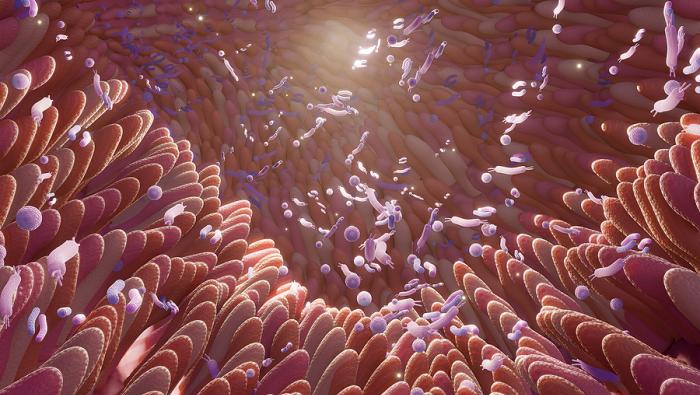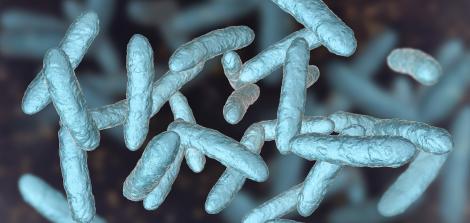Microbiota

Microbiota: Does our physical and mental health depend on bacteria?
Microbiota research changes the way we perceive the relationship between us and the bacteria and microorganism population in our body, and our understanding of the crucial impact this relationship has on our health and our functionality in illness. This new and exciting research field is leading to practical and scientific breakthroughs in a variety of areas and is at the forefront of personalized medicine.
What is microbiota?
We are all born bacteria-free, but our body is quickly inhabited by bacteria, mostly in the digestive system. The ecological microorganism population that consists primarily of bacteria but also includes viruses, parasites, fungi, and other unicellular organisms that grow inside the living body, with which they maintain a symbiotic relationship is called the Microbiota. The microbiota can be seen as a separate entity living inside us and maintaining a multifaceted relationship with our body.
The advances in DNA sequencing technology and the consequential drop in testing costs, coupled with the advanced computational capabilities made possible by the human genome project, have enabled scientists to initiate microbiota mapping and research projects. The scientific breakthroughs seen these days in this area have resulted in numerous applications in fields such as personalized medicine, preventive medicine, pregnancy and offspring health, nutrition, agriculture and food manufacturing.
Microbiota and personalized medicine
Clinical microbiota research impacts a variety of fields, from disease diagnosis and prediction of patients’ responses to medical treatment, to healing by means of fecal transplantation or advanced pre/pro/postbiotics customized to the patients’ bacterial population and particular medical condition.
A growing number of studies conducted in recent years have also demonstrated the important role the microbiota plays in the management of autoimmune diseases such as Diabetes, Rheumatoid Arthritis, Multiple Sclerosis, and Lupus, and its close association with mental conditions such as Anxiety and Depression disorders as well as other physical and mental symptoms.
What are we researching?
Our research attempts to understand how changes in the microbiota (dysbiosis) affect our health, and how we can control such alterations to our advantage. This research intends to understand the mechanisms that drive the interactions between the environment, the host and the microbiota, and focuses on the relationship between the microbiota and the Endocrine System, which is responsible for our body’s glands and hormonal secretions.
Research in our laboratory relies on computational methods to compare different bacterial populations, as well as wet microbiological laboratory work aimed at understanding the mechanisms involved in the interactions between hosts and bacteria. The ongoing research at our lab covers new and yet-unexplored aspects of microbiology research such as the growth of microbiota in the first 1,000 days of life, a critical period for the development of the microbiota; the impact of the microbiome on bone-marrow transplantation results, which shades light on some of the mechanisms behind successful recovery; and psychobiotics – the link between behavior and the microbiome.
Applied and interdisciplinary research
Our laboratory maintains close connections with academic investigators and researchers from different disciplines in Israel and around the world, including microbiologists, physicians, nutritionists, immunologists, engineers, nanotechnologists and mathematicians. Our laboratory also maintains constant ties with different industries in the fields of microbiology and pharmaceuticals, and collaborates with hospitals in Israel and abroad on patient trials and field studies..







